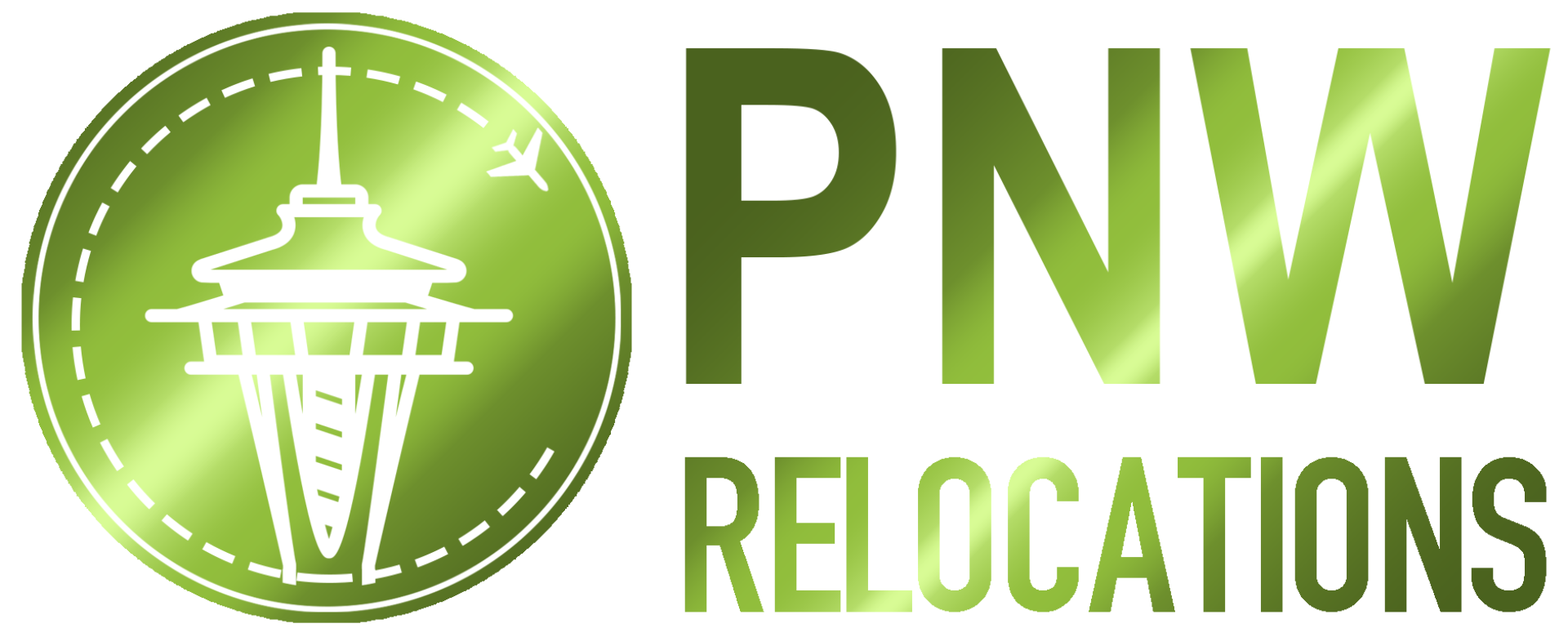9 Tips for a Smooth Low Stress Corporate Relocation
Moving for work can be a lot to manage because there are so many moving pieces. That’s why proactive move prep makes a huge difference. Below are 9 tips from expert relocation assistants who know how to minimize stress moving.
- Travel should always be after moving day.
- Travel should always be at least one day after your movers or auto shipment company comes. Leave yourself a time buffer. Save yourself rebooking flights, or rescheduling hotels along your drive, and give yourself a little extra time at origin.
- Move out before your last day to be out of your home.
- The same logic as travel applies to moving out or into your new home. Schedule movers before the last day you have to leave, or after the day you pick up your keys. This extra time is important because logistics don’t always go smoothly. Movers show up late, new key fobs don’t work, the elevator scheduling gets mixed up. You just never know.
- Delivery goes smoother with your family and pets somewhere else.
- Delivery is much easier to manage if your family has somewhere to be while the movers are in your new home. Especially if you have young children, or pets like cats or dogs that relocated with you. If possible give yourself at least 1 extra day between your temporary housing check out and moving into your new home.
- Organize and downsize before pack day.
- A clean and organized home makes for a much easier move day. If your relocation management company (RMC) offers a home organizing service, it’s almost always worth it. It makes packing and unpacking much smoother, and lowers the chance your items will be damaged.
- An organized home is generally packed faster, and with more care than a messy or disorganized home. It’s also important to remember that movers aren’t cleaners, that’s a separate service.
- Movers have tough jobs, be nice.
- Do your best to be respectful and understanding with your moving crew, and your auto shipment driver. They have tough jobs, and a little kindness can go a long way.
- Make sure you aren’t working on pack day or delivery.
- Plan to take days of PTO to oversee movers at origin and destination. Yes even if you work from home! Moving crews need direction, oversight, and communication.
- If you prefer to skip taking time off to oversee your crew in person, consider designating our Relocation Concierge to oversee the move crew and sign off on paperwork on your behalf.
- Pack luggage for your entire stay in temporary housing.
- Pack for your trip with the understanding that you won’t have access to your things while you’re in temporary housing. Movers will have your stuff for up to a month or more, and they can’t easily access your goods in corporate storage.
- Corporate storage is like a giant tetris game, except it’s a warehouse filled with big wooden crates that need to be moved by forklifts.
- Don’t forget important items like your passport or medication, you might not see them for a month or more!
- Set aside luggage and important papers in a clearly designated space.
- When packing at origin set aside everything you know is not being packed in a designated marked area. Communicate with the moving crew, and use an out of the way area like a bathtub extra with a clear note or tape. You can use this space to keep your important paperwork, travel luggage, and even everyday items like your purse.
- We’ve seen people have their purse packed when it was sitting on the kitchen counter. Movers pack everything, even the trash in your trashcan!
- Manage your expense receipts in the moment with your cell phone camera.
- Take photos of your receipts for expenses. Lay them out on a table in order of date so multiple receipts are in one photo. Less attachments are easier to manage later on, and will help anyone auditing approve your expense faster. Save yourself time and money and keep your expenses organized and digitally stored during your day of travel.
- When you file your expenses if there is somewhere to add extra notes it’s usually worth doing so. It’s worth adding an explanation if you think it will help make sense of the charges, or if anything is out of the ordinary. Finance teams often audit expenses manually, and a little context can go a long way.
